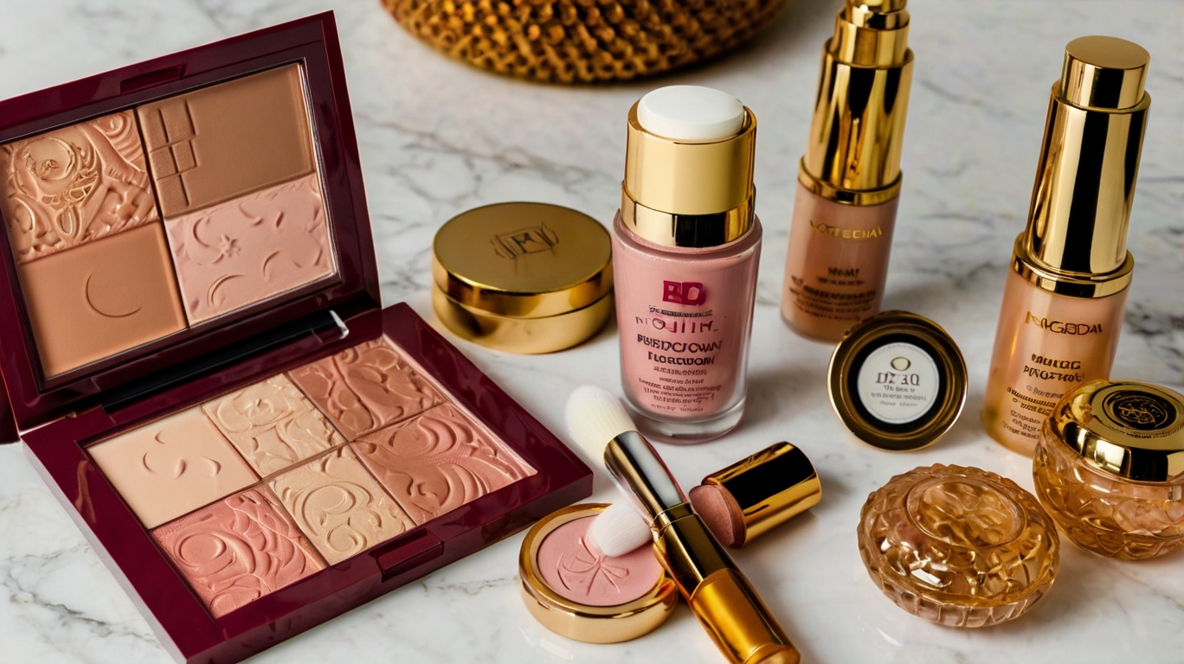The Nigerian cosmetic market is showing strong signs of growth, driven by a young and increasingly beauty-conscious population. As we approach 2024, the industry continues to evolve, with new trends and innovations shaping its future. With the rise of local brands, the expansion of international players, and the growing demand for high-quality beauty products, Nigeria cosmetic market presents an exciting landscape for both consumers and businesses.
Key Drivers of Market Growth
Several factors are contributing to the impressive growth of the Nigerian cosmetic market. Firstly, Nigeria's large and youthful population plays a pivotal role in driving demand. With more than 200 million people, a significant portion of whom are young adults, the beauty industry finds a fertile ground for growth. Millennials and Gen Z, in particular, are increasingly conscious about personal grooming and skincare, making them key consumers in the market.
Social media also plays a crucial role in shaping consumer behavior. Influencers and beauty bloggers have a powerful impact on promoting skincare routines, makeup trends, and new products. Instagram, TikTok, and YouTube are increasingly being used by brands to engage directly with consumers, making beauty products more accessible and appealing. This online presence is helping beauty companies tap into a wider audience, especially as e-commerce continues to grow in Nigeria.
Popular Segments in the Market
Skincare products remain at the forefront of Nigeria’s cosmetic market in 2024. Nigerians are becoming more aware of the importance of skincare routines, leading to higher demand for moisturizers, anti-aging creams, sunscreens, and products for treating skin issues like acne and hyperpigmentation. This segment is expected to continue growing, as consumers seek products that cater to the specific needs of African skin.
Hair care is another booming segment, with a focus on natural hair care products. Nigerians have long been known for their love of hair care, and this trend shows no sign of slowing down. Products such as shampoos, conditioners, hair oils, and hair growth treatments are in high demand. The rise of natural and organic hair care brands is particularly noteworthy, as consumers seek healthier, chemical-free options for their hair.
Local vs. International Brands
In 2024, both local and international cosmetic brands are competing for market share in Nigeria. Local brands such as House of Tara, Zaron, and Oriki are gaining momentum by offering products tailored to the specific beauty needs of Nigerian consumers. These brands have a deep understanding of local skin tones and preferences, making them popular among Nigerian consumers.
Meanwhile, international brands like L'Oréal, Nivea, and Unilever continue to dominate the market with their global reputation and trusted product lines. These brands benefit from established distribution networks and their ability to offer a wide range of products. However, the increasing quality and affordability of local brands are challenging the dominance of these multinational giants.
Challenges and Opportunities
Despite the market’s growth, challenges such as counterfeit products, high import duties, and fluctuating exchange rates remain significant. However, these challenges also present opportunities for local brands to differentiate themselves through product authenticity, quality, and competitive pricing.
Fore More Info : - https://gmiresearch.com/report/nigeria-cosmetic-market/
Conclusion
The Nigerian cosmetic market in 2024 is one of the most exciting in Africa. With an expanding middle class, growing awareness of self-care, and an increasing appetite for beauty products, the market is set to continue its upward trajectory. For both local and international brands, understanding consumer preferences and addressing challenges will be key to thriving in this dynamic market.





Comments